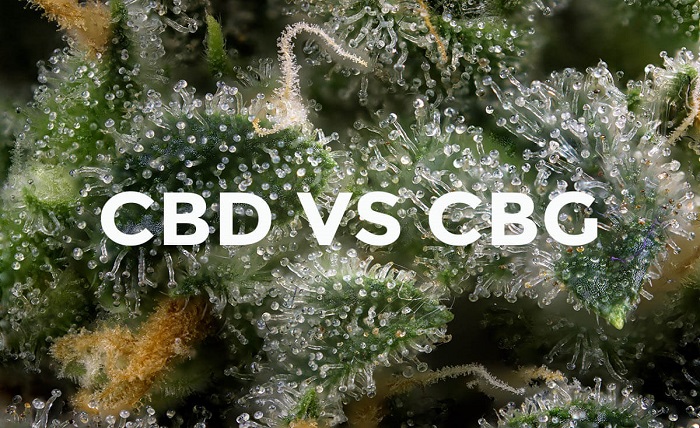CBG vs CBD: Understanding the Differences and Benefits

CBG (Cannabigerol) and CBD (Cannabidiol) are two prominent cannabinoids found in the cannabis plant. As interest in their potential therapeutic benefits grows, it is crucial to understand the distinctions between CBG and CBD. This article aims to shed light on their unique properties, mechanisms of action, and potential applications. Whether you’re a consumer, a medical professional, or simply curious, read on to explore the fascinating world of CBG and CBD.
What are CBG and CBD?
CBG vs CBD are both non-intoxicating compounds derived from the cannabis plant. CBG is often referred to as the “mother cannabinoid” because it is the precursor to other cannabinoids like THC and CBD. In contrast, CBD is one of the most abundant cannabinoids found in cannabis. While they share similarities, their chemical structures and effects on the body differ significantly.
Chemical Composition and Mechanisms of Action
CBG vs CBD interact with the body’s endocannabinoid system (ECS), which plays a vital role in maintaining homeostasis. However, their mechanisms of action are distinct. CBG primarily binds to CB1 and CB2 receptors, affecting neurotransmitter release and modulating pain perception. On the other hand, CBD indirectly influences the ECS by enhancing the effects of endogenous cannabinoids.
Potential Therapeutic Benefits of CBG
CBG shows great promise as a therapeutic agent, thanks to its potential anti-inflammatory, antibacterial, and neuroprotective properties. Preliminary research suggests that CBG may be effective in alleviating symptoms associated with glaucoma, inflammatory bowel disease, and Huntington’s disease.
The Therapeutic Potential of CBD
CBD has gained significant attention in recent years for its potential therapeutic benefits. It has demonstrated promising results in the treatment of epilepsy, anxiety, chronic pain, and sleep disorders. Additionally, CBD’s anti-inflammatory properties may make it a valuable asset in combating conditions such as arthritis and multiple sclerosis.
Synergistic Effects: CBG and CBD
CBG vs CBD can also work synergistically when combined. Research suggests that when used together, these cannabinoids may enhance each other’s effects, known as the entourage effect. This synergy could potentially amplify their therapeutic potential and provide more comprehensive relief for various conditions.
Conclusion
CBG vs CBD are two cannabinoids with distinct properties and potential therapeutic applications. CBG shows promise in addressing glaucoma, inflammatory bowel disease, and Huntington’s disease, while CBD has proven effective in epilepsy, anxiety, chronic pain, and sleep disorders. However, further research is necessary to fully understand the mechanisms and potential benefits of these cannabinoids. As the field of cannabis research evolves, CBG and CBD are likely to continue gaining attention for their therapeutic potential. Whether you choose CBG, CBD, or a combination of both, it’s essential to consult with a healthcare professional before starting any new treatment regimen.




